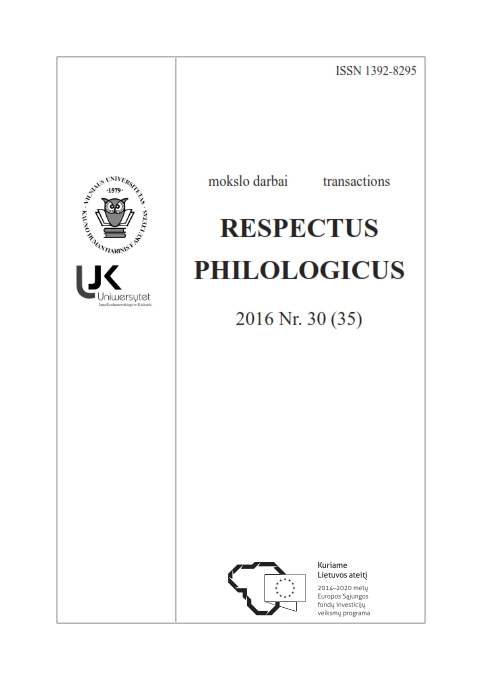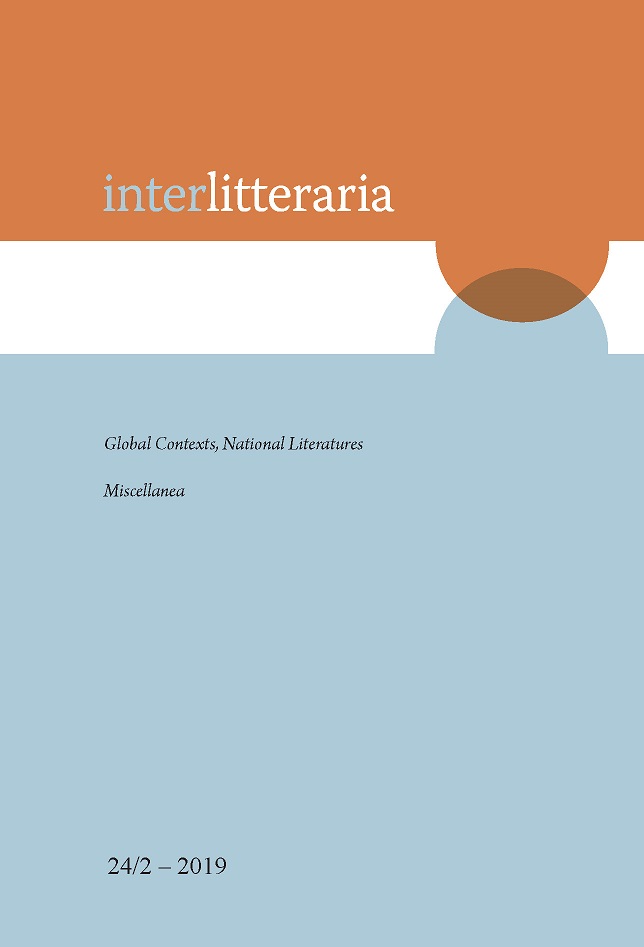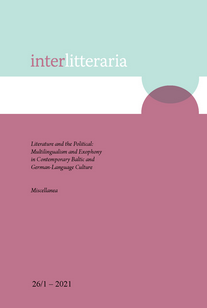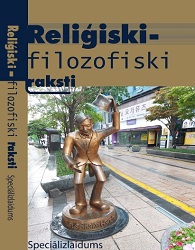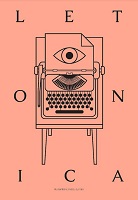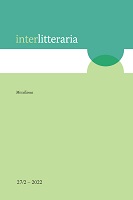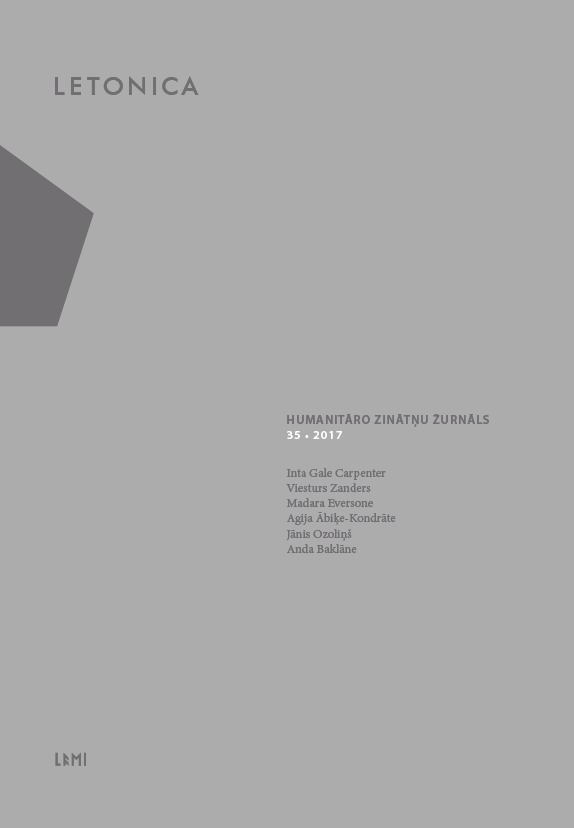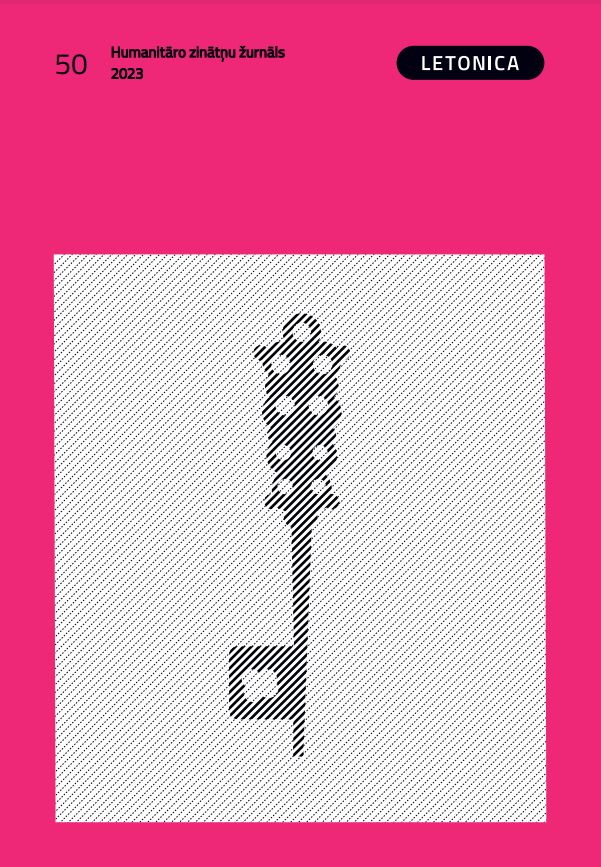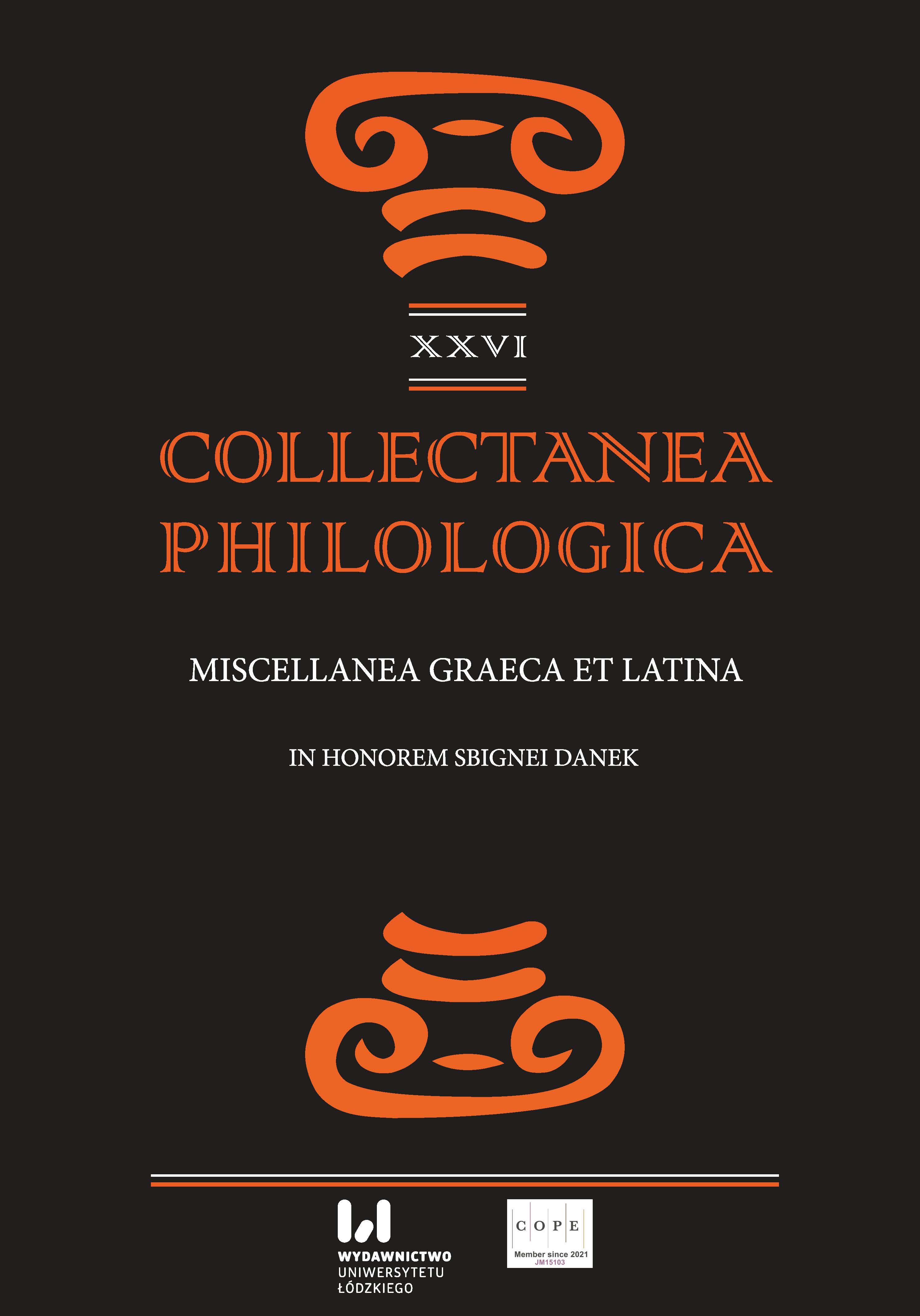The Imagological Approach to Lithuanian and Latvian Contemporary Émigré Narratives
A newly deployed identity, separated from its natural location, loses its solid national or ethnic status and hybridizes, acquiring features of the new context. Employing the concepts of self-image, imageme and counter-image introduced by contemporary literary imagology (Joep Leerssen), the article focuses on the 21st century Lithuanian and Latvian émigré prose to provide an overview of a dislocated tradition and images that encode the continuity or transformation of the national identity. The aim of the discussion is to raise the issue of the specifics of the Baltic ethnic and national identity in the changing mobile world. The focus of the analysis is not on the social, but exceptionally on literary images, which are classified into topical image groups: ethnic images, Eastern European projections and exoticism as an extension of domestic identity. Literary representations bear witness to the atrophy of ethnic and national consciousness, shifting expression of Baltic images, and their creative employment in the new contexts. Applied to the norms and standards of the new (e) migrant society, traditional ethnic and national imagery often looses the common Baltic implications and offers other arguments for self-identification. The inherited patterns of Soviet mentality determine a similar structure of the characters’ consciousness, identical personal values and motivational mechanisms that bear witness to a common stock type “Eastern European”. This is a certain social type with the entire preconceived repertoire of stereotypical images describing the subject of post-Soviet descent. This subject appears in émigré narratives as the inferior figure of the labourer with low self-esteem, a person of no reputation guided by amorality and aggressiveness. Although, at first glance, all the personal and national characteristics of the homo post-sovieticus appear to be negatively charged, every unfavourable estimation contains the positive counterpart of the imageme that can be activated at any given moment (e. g., passivity/faithfulness, humility/patience, primitiveness/honesty, etc.). Baltic literary works produced in more remote and exotic countries (China, Turkey and Georgia), reveal the Baltic identity as European (more specifically – Northern) as opposed to Russian or the Soviet one, and demonstrate the authors’ propensity for embracing it. Common representational clichés of a distant culture as the incomprehensible and foreign Other and of the Orient as the cradle of despotism are being disproved. The images under discussion reflect Lithuanian and Latvian collective representations and the key changes happening in the national identity of the Baltic nations in emigration.
More...
